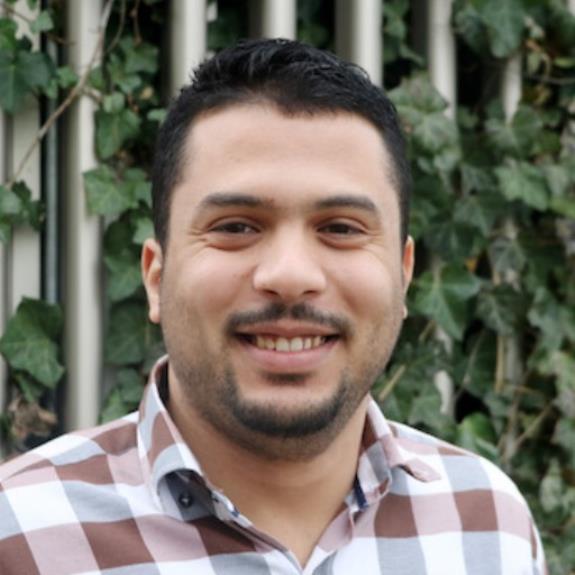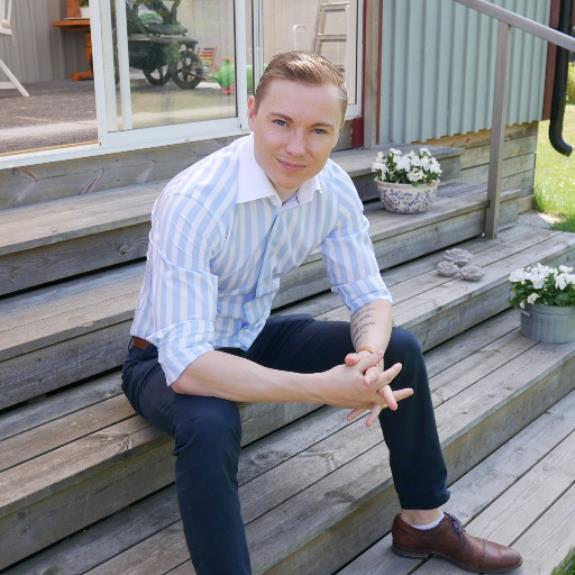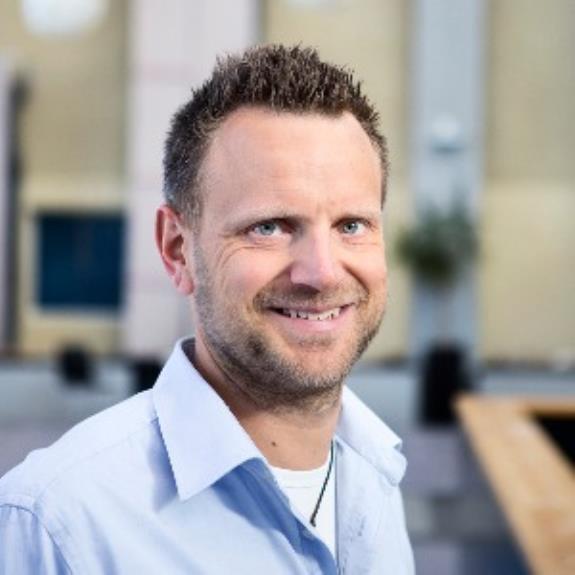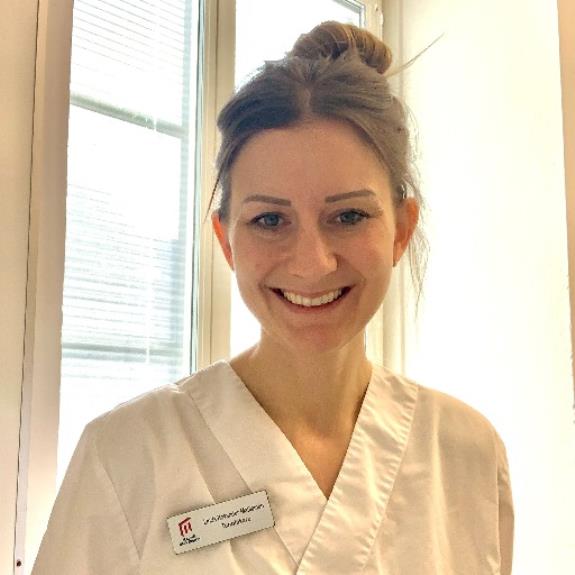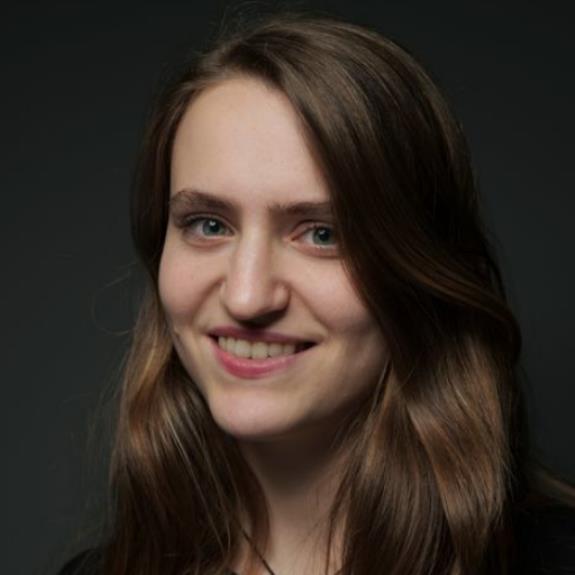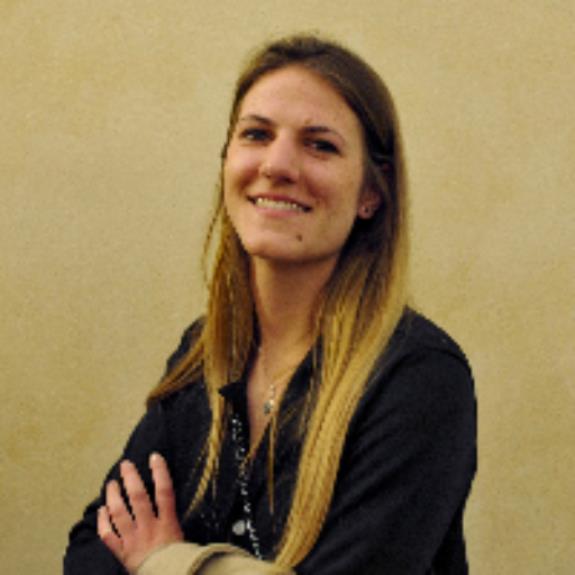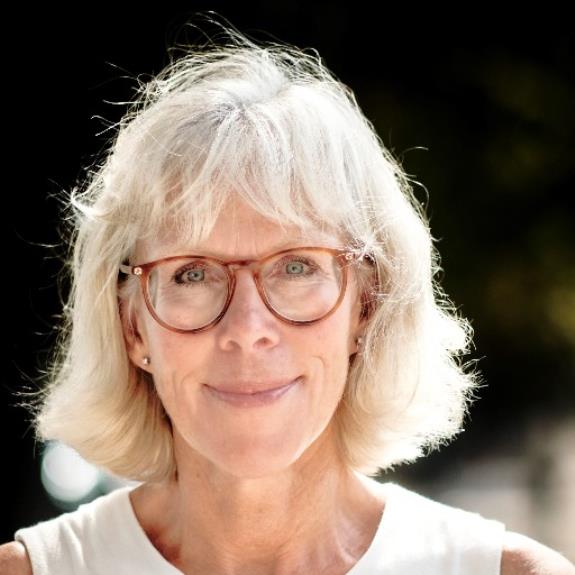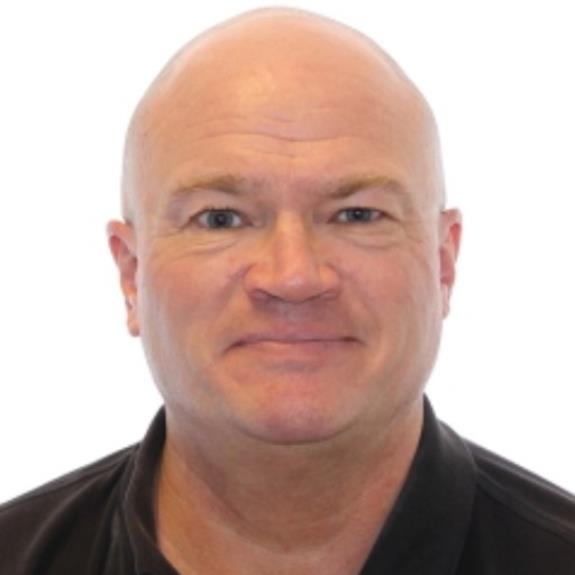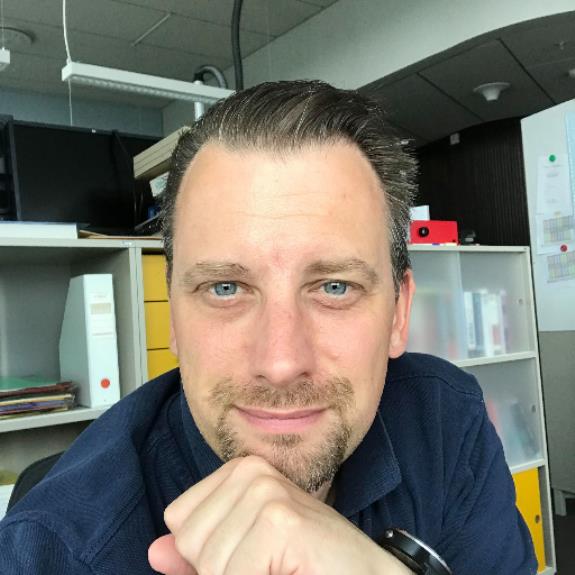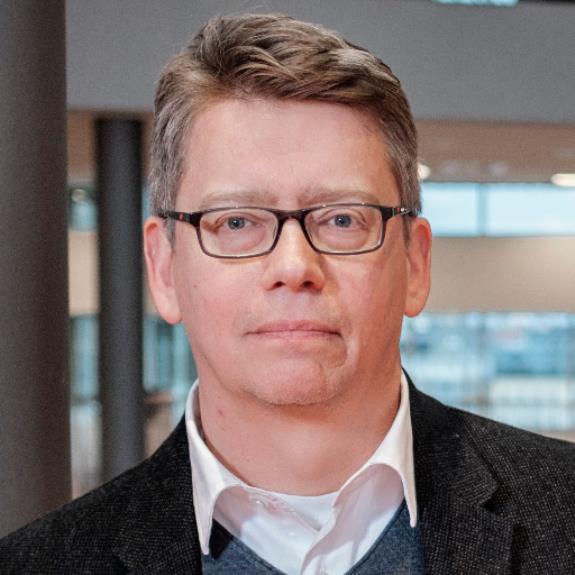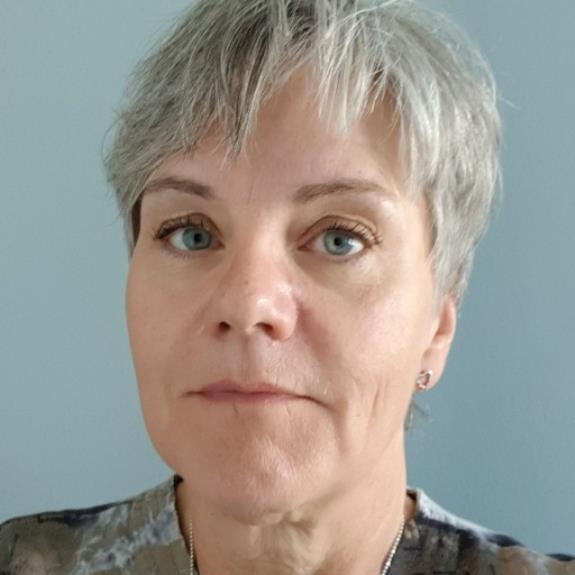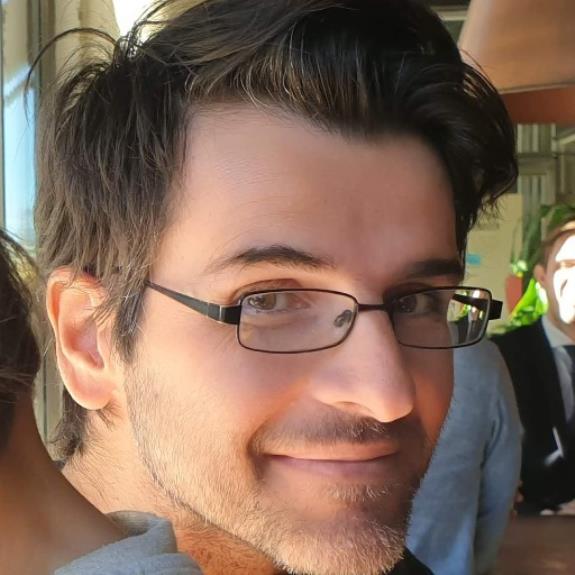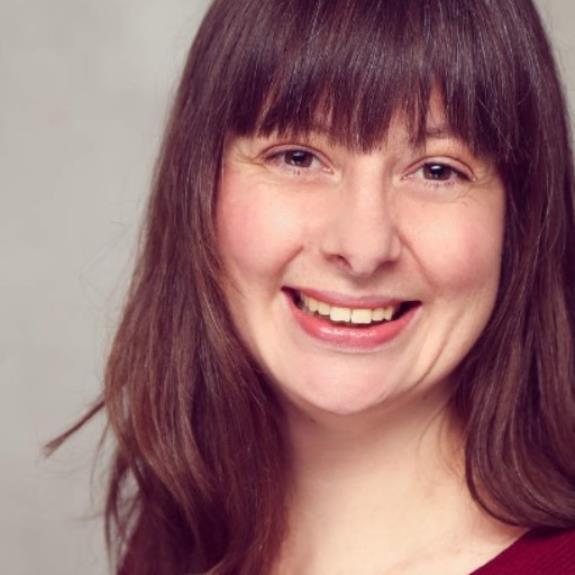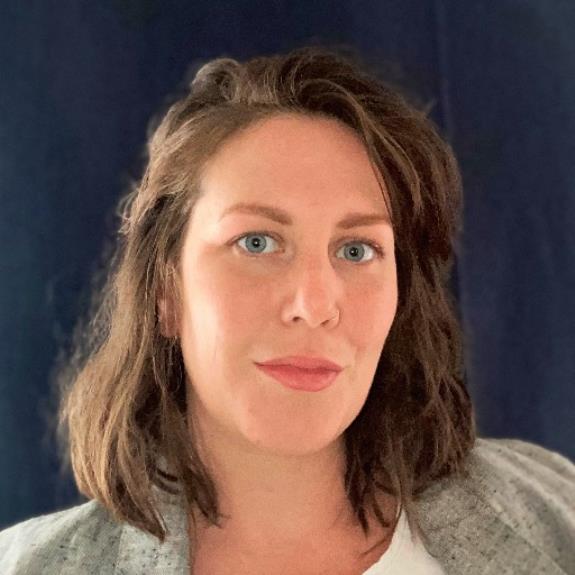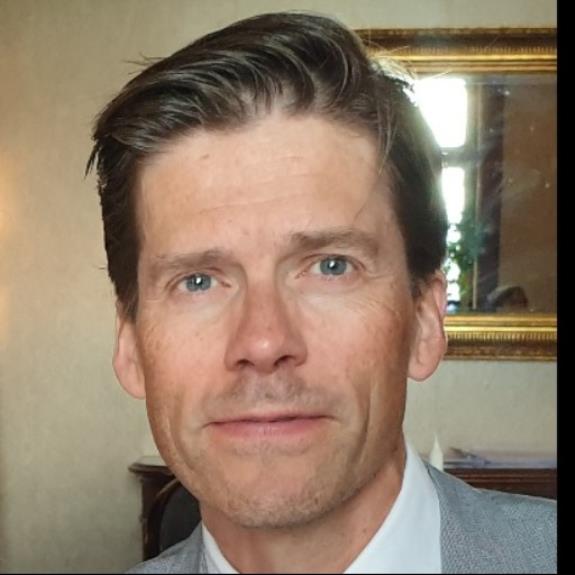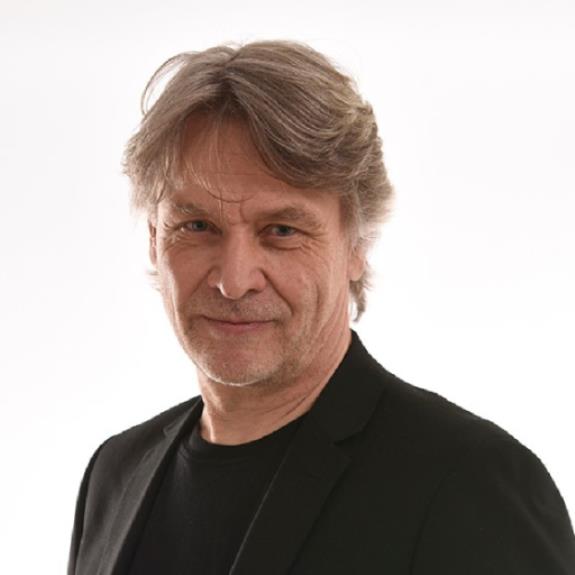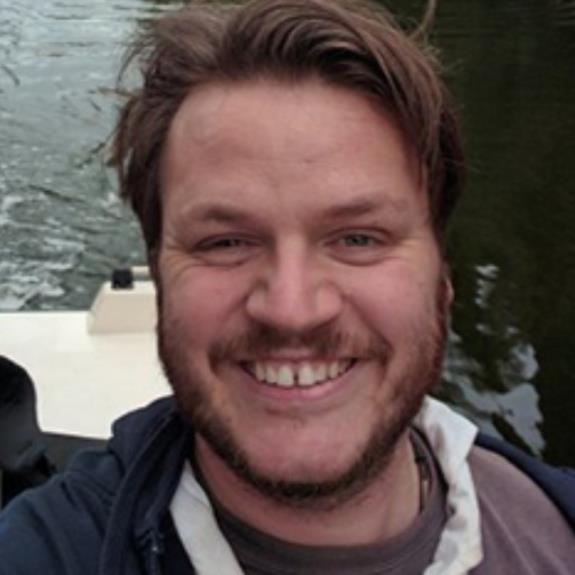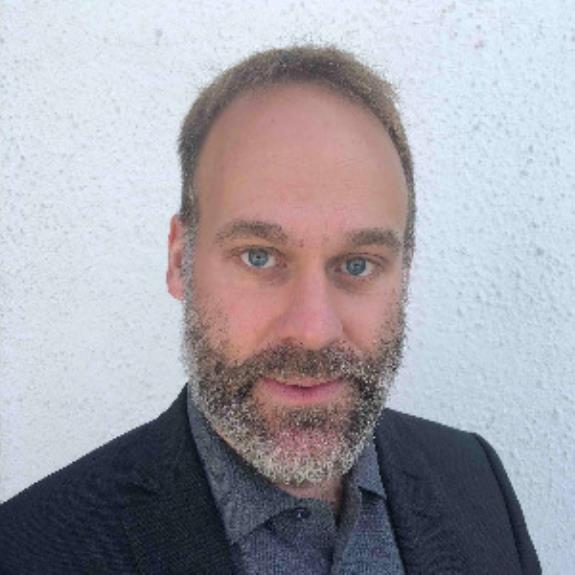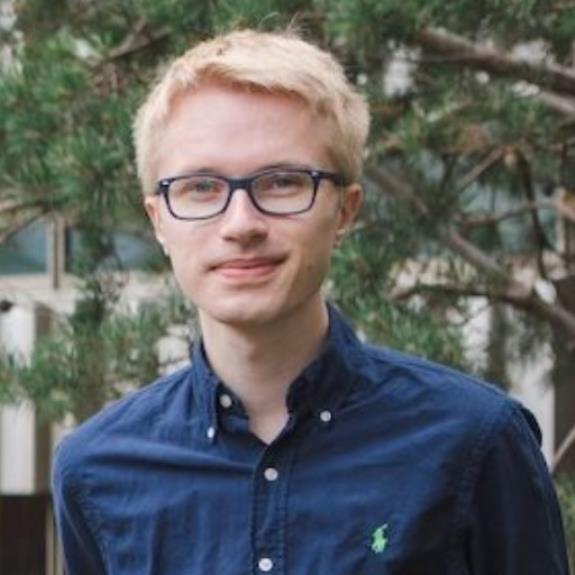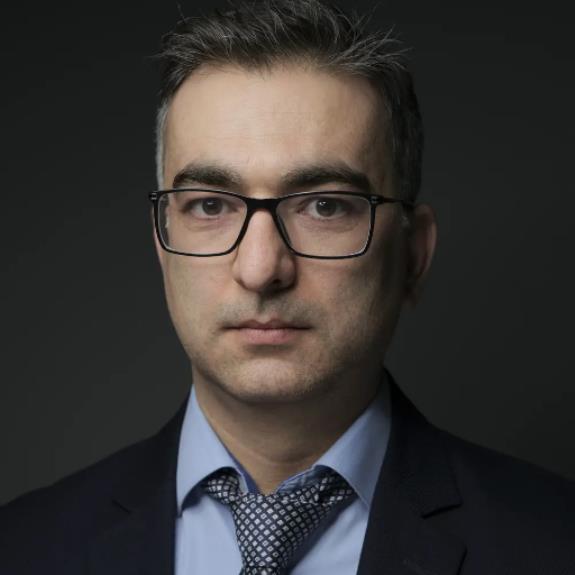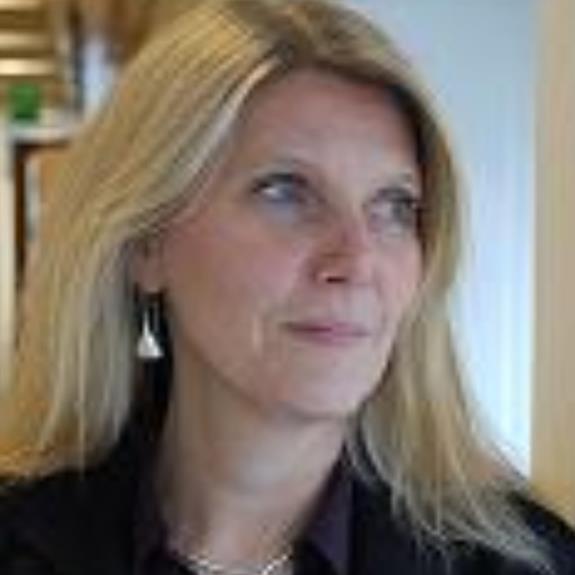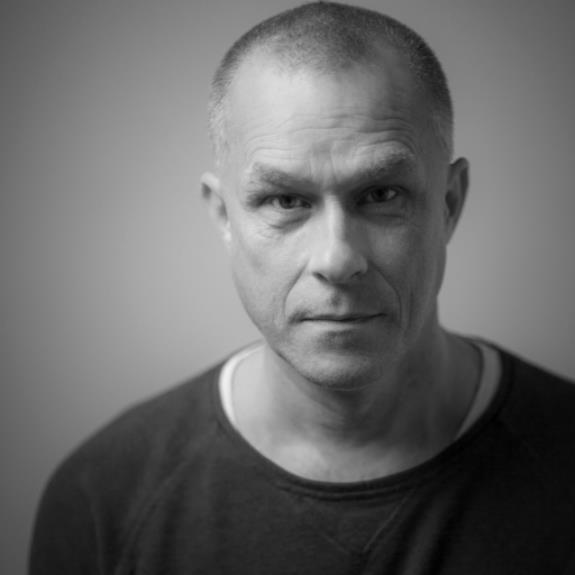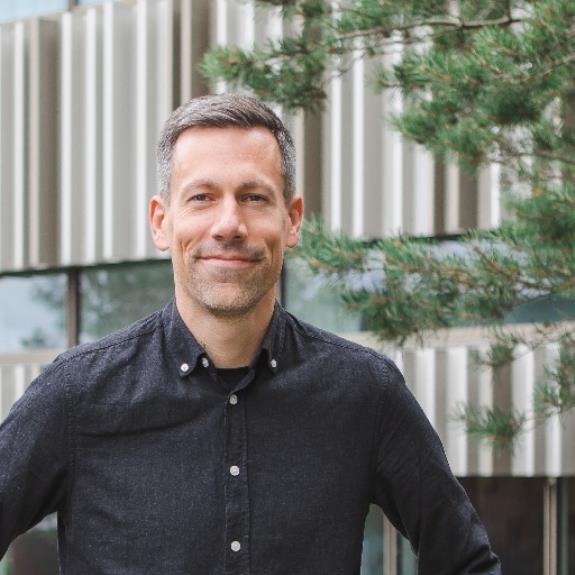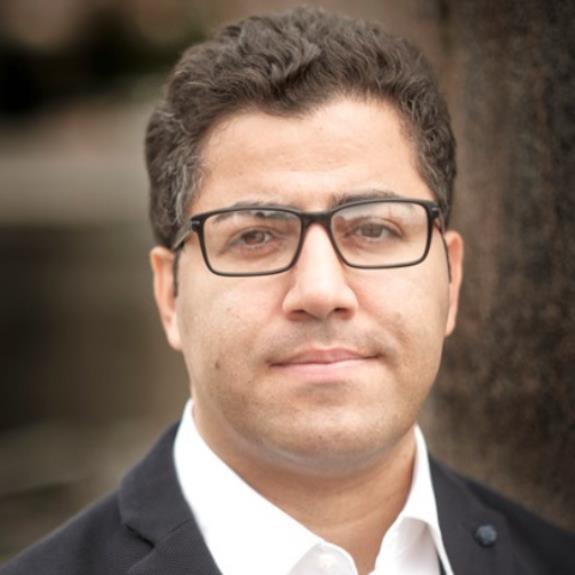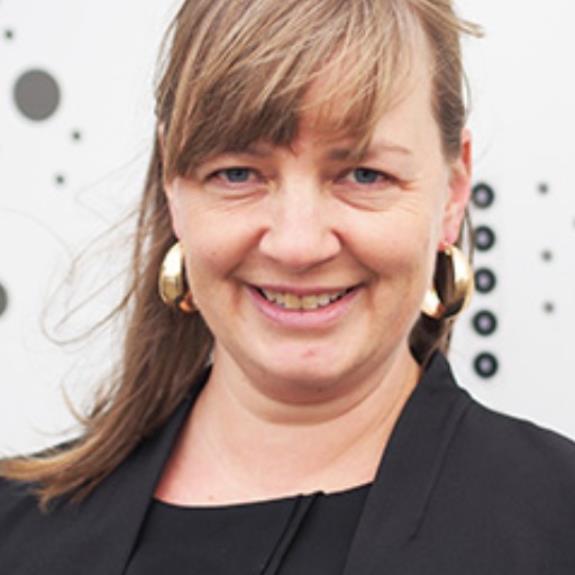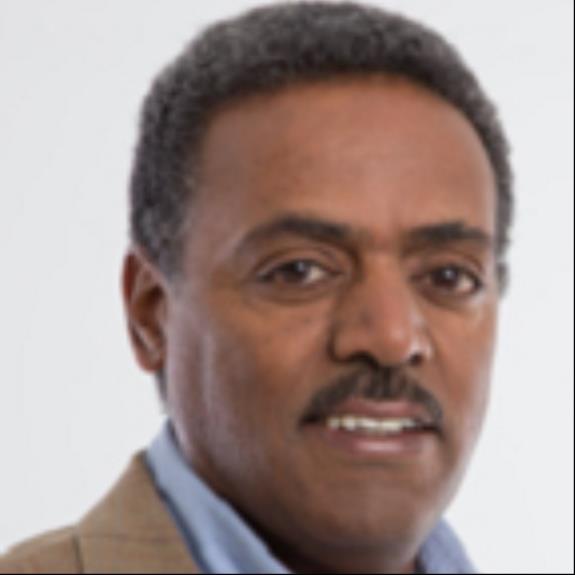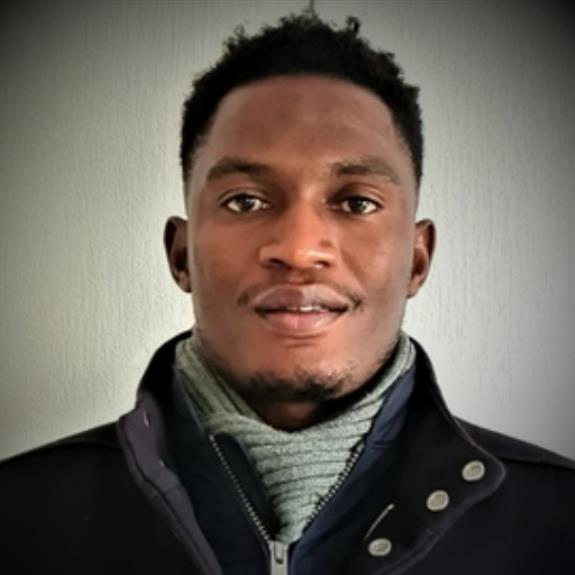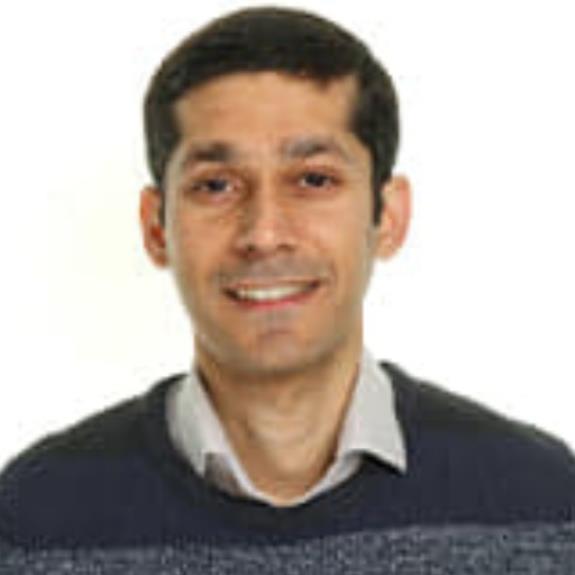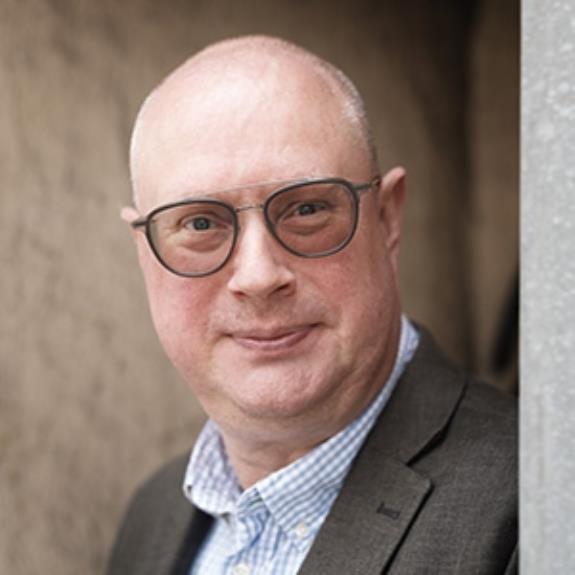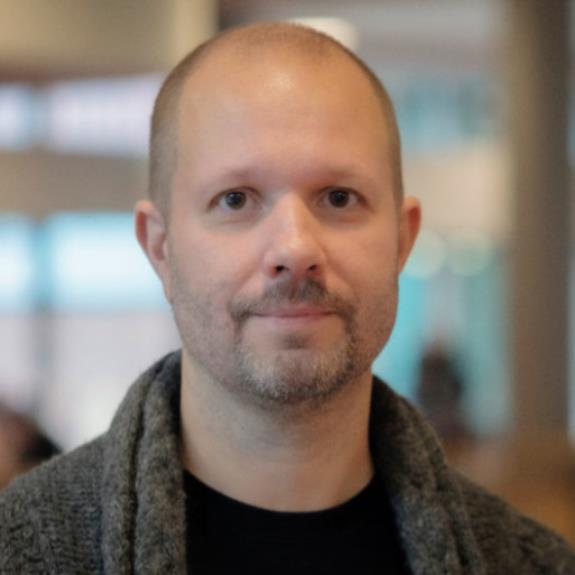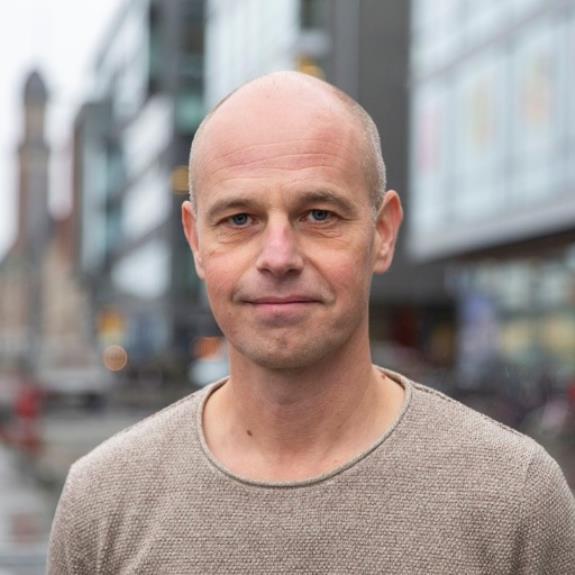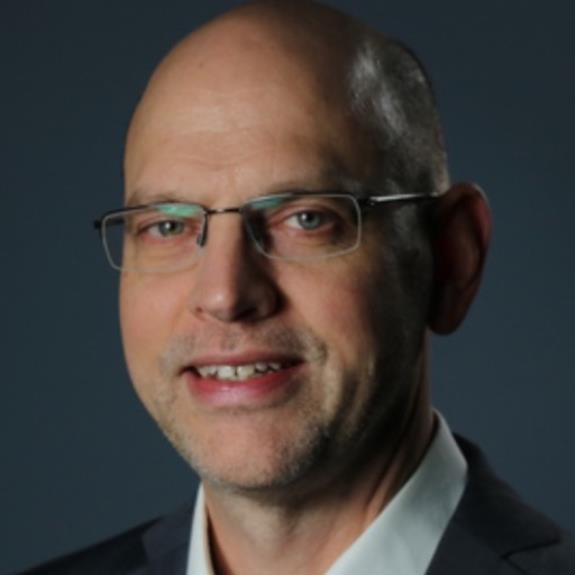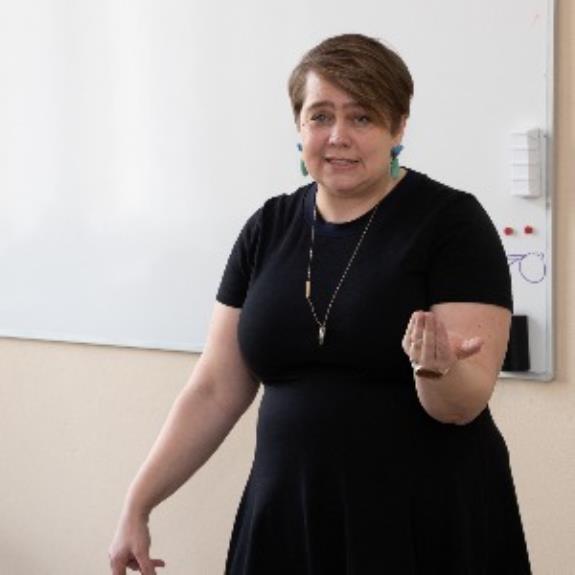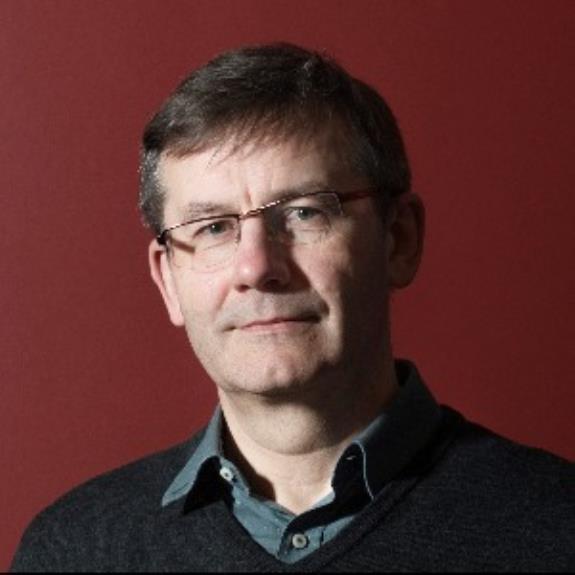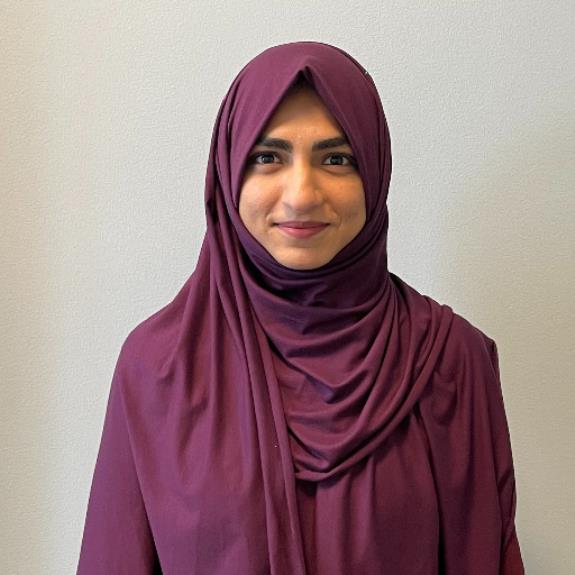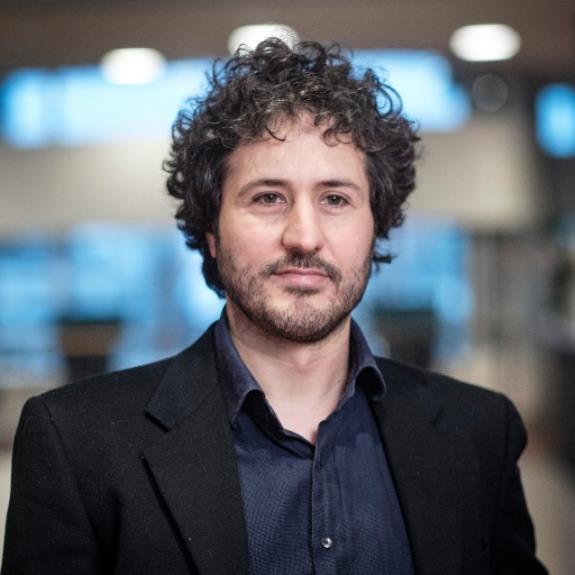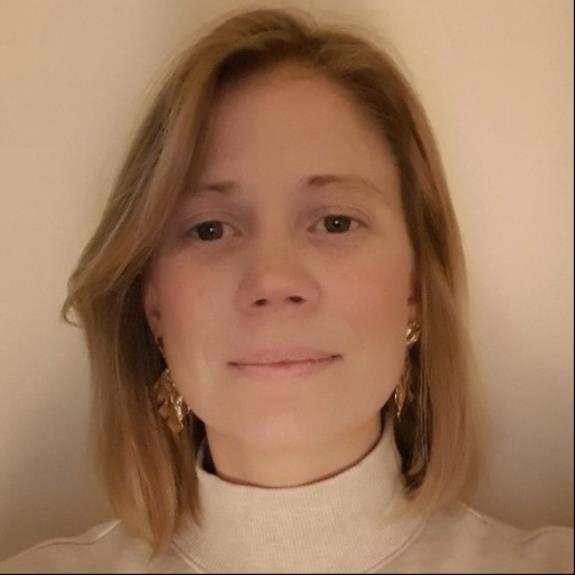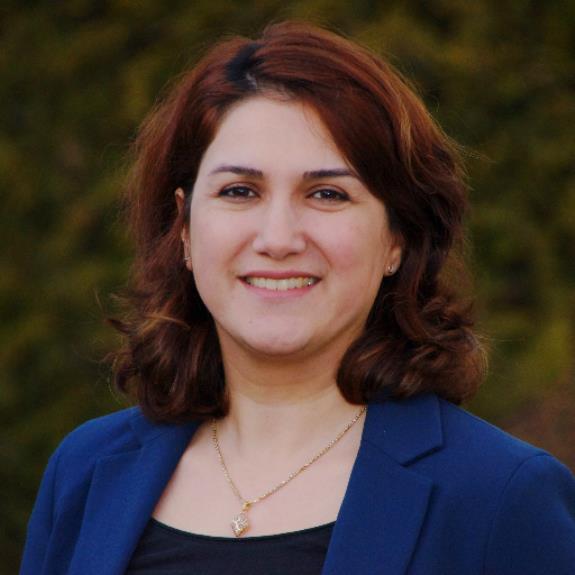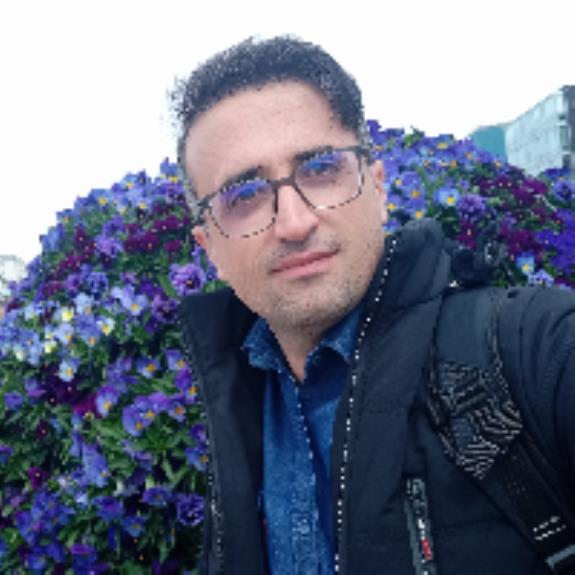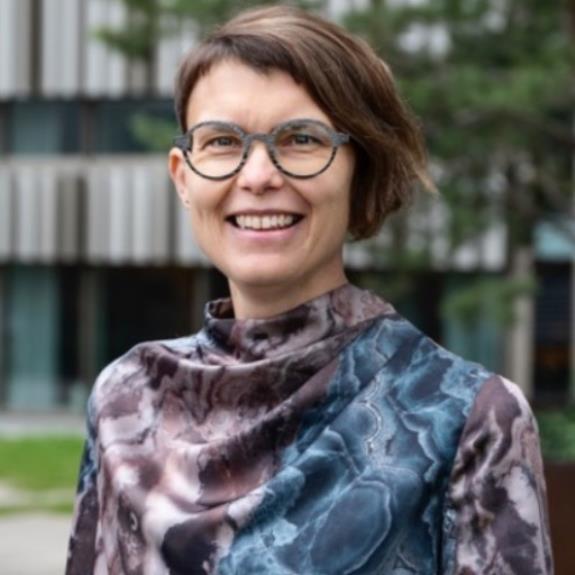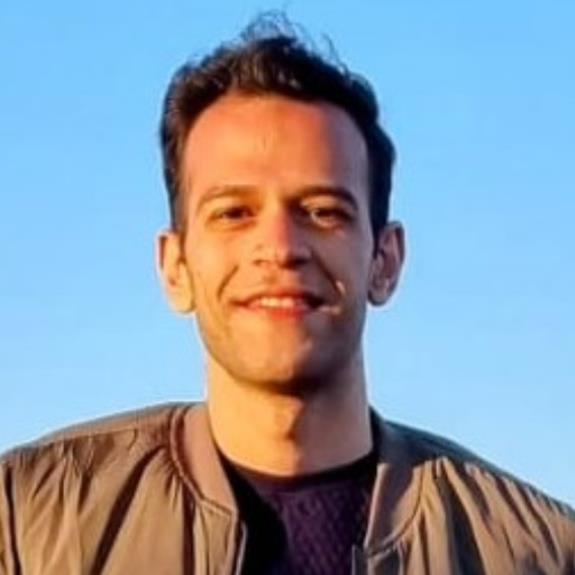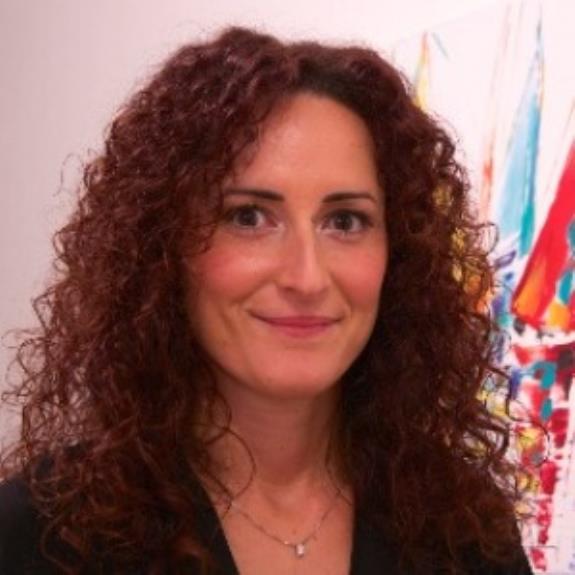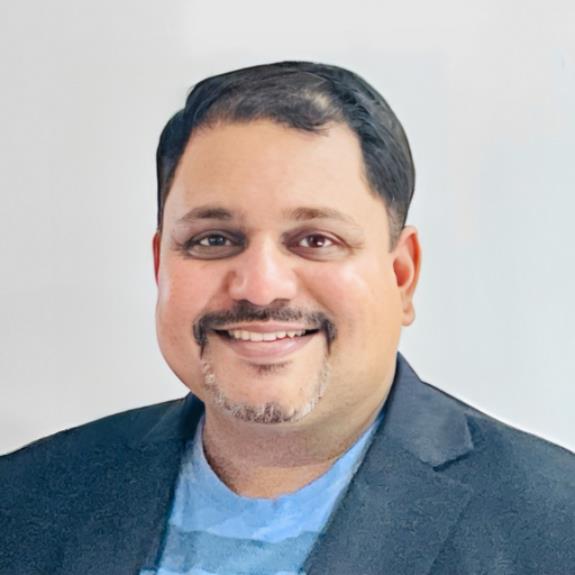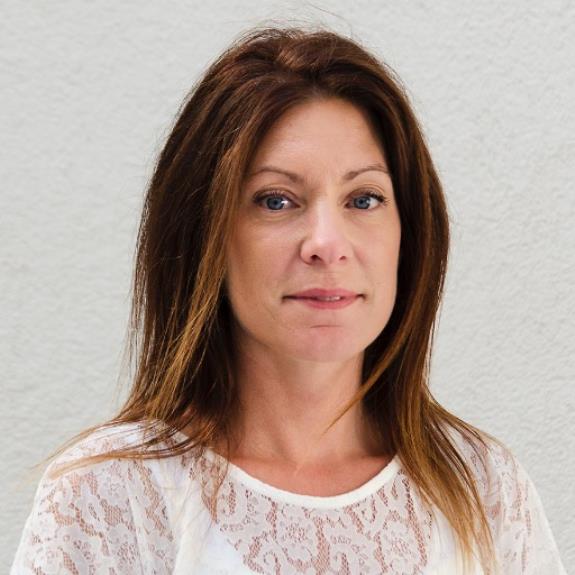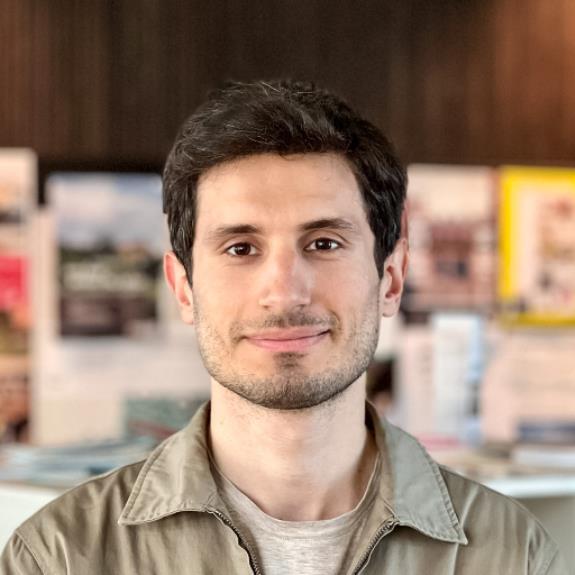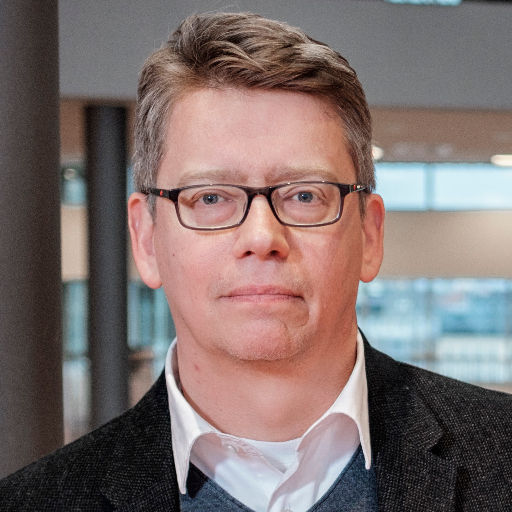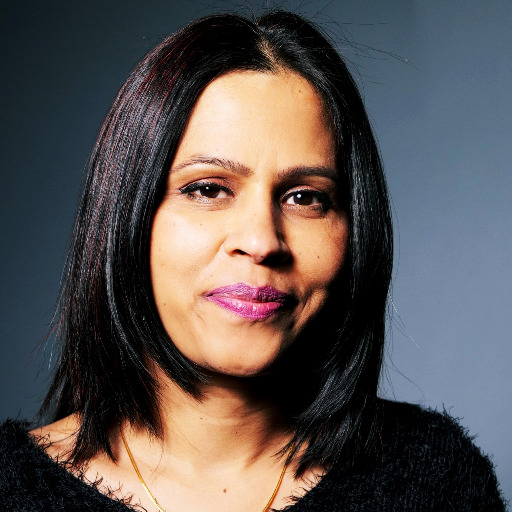We use cookies on this website. Cookies help us deliver the best experience on our website. Read about cookies.
-
- Education
- Education
- Programmes and courses
- Applications and admissions
- Tuition fees
- Scholarships
- Exchange studies at Malmö University
- Study Guidance
-
- After admission
- After admission
- Moving to Malmö
- Pre-orientation
- Arrival guide
-
- About studies at Malmö University
- About studies at Malmö University
- Why choose Malmö University
- Understanding university studies
- Connect with our students
On the page -
- Research
- Research
-
- Doctoral studies
- Doctoral studies
- Doctoral courses
-
- Doctoral schools
- Doctoral schools
- Adaptation of urban space through sustainable regeneration
- ComBine
- Culturally Empowering Education through Language and Literature
- Education, Learning and Globalisation
- Finding ways in a time of great future challenges (FinnFram)
- Swedish National Graduate School in Science and Technology Education Research
- Learning in Multicultural Societal Contexts
- Pedagogy and Vocational Skills
- Relevancing Mathematics and Science Education (RelMaS)
- Sustainable Movement Education
- The National Research School for Professionals in Social Services
- Research subjects
-
- Research centres
- Research centres
- Biofilms Research Centre for Biointerfaces
- Citizen Health
- Imagining and Co-Creating Futures
- Institute for Urban Research
- Malmö Institute for Migration Studies
- Literacy and Inclusive Teaching
- Centre for Work Life Studies
- Sustainable Digitalisation Research Centre
- Centre for Sexology and Sexuality Studies
-
- Research publications
- Research publications
- Search for research publications in Diva
- Malmö University Press
- Research events
- Participate in a research study
- Coffee Break Quiz
On the page -
- Collaboration and Innovation
- Collaboration and Innovation
-
- Levels of collaboration
- Levels of collaboration
-
- Local collaboration
- Local collaboration
- Muvah
- Regional collaboration
- National collaboration
-
- International collaboration
- International collaboration
- UNIC
- Innovation
- Collaboration with students
-
- Collaborate with researchers
- Collaborate with researchers
- Labs and facilities
- Culture collaboration
- Support Malmö University
- Alumni & Friends
On the page -
- About us
- About us
-
- Faculties and departments
- Faculties and departments
-
- Faculty of Culture and Society
- Faculty of Culture and Society
- Department of Global Political Studies
- School of Arts and Communication
- Department of Urban Studies
-
- Faculty of Education and Society
- Faculty of Education and Society
- Department of Childhood, Education and Society
- Department of Sports Sciences
- Department of Culture, Languages and Media
- Department of Natural Science, Mathematics and Society
- Department of Society, Culture and Identity
- Department of School Development and Leadership
- The Centre for Teaching and Learning (CAKL)
-
- Faculty of Technology and Society
- Faculty of Technology and Society
- Department of Computer Science and Media Technology
- Department of Materials Science and Applied Mathematics
- Faculty of Odontology
- University Dental Clinic
-
- Find and contact Malmö University
- Find and contact Malmö University
- Visit Malmö University
-
- News and press
- News and press
- Graphic manual
- Map of the buildings (Google Maps)
- Merchandise
- Supplier information and invoice management
- Whistleblowing
- We will help you with your questions
- Management and decision-making paths
-
- Malmö University's strategy 2030
- Malmö University's strategy 2030
- Sustainability
- Widened recruitment and participation
- Quality assurance work at the University
-
- Malmö Academic Choir and Orchestra
- Malmö Academic Choir and Orchestra
- Student work – video pieces
-
- Annual Academic Celebration
- Annual Academic Celebration
- Academic traditions
- Meet our new professors
- Meet our new doctors
- Honorary doctors
-
- The University in a troubled world
- The University in a troubled world
- Campus total defence
On the page
Sustainable Digitalisation Research Centre
Research Centre
The research centre studies both social and technological aspects to promote sustainable digitalisation. The aim is to contribute to how the opportunities of digitalisation can be used in a sustainable way and to develop knowledge and solutions for how digitalisation can support the development of a more sustainable society.
Our vision is to be the leading research environment for interdisciplinary research on sustainable digitalisation, e.g. by contributing knowledge and methods on how to realise digitalisation that is sustainable from a social, economic, ecological as well as technological perspective.
Paul Davidsson, Director
About the research
The aim of the research is to investigate how the possibilities of digitalisation can be used in a sustainable way, i.e. sustainability in digitalisation. Another goal is to contribute knowledge and solutions on how digitalisation can support the development of a more sustainable society, i.e. digitalisation for sustainability. We will therefore not only investigate how digitalisation can be implemented in a sustainable way, but also how digitalisation can be used to contribute to a society that develops in socially, economically and ecologically sustainable directions, for example through concrete case studies and applications.
Two overarching research areas
The first concerns social factors, such as trust, user experience, inclusion, privacy and other ethical aspects including human dignity, bias and discrimination, misuse of information, disinformation and deep fakes, system autonomy and accountability, and power imbalances.
The second research area addresses technological factors, such as resilience, adaptability, interoperability, performance, environmental impact and resource efficiency.
Together, they capture the main issues of social, economic, ecological and technological sustainability in digitalisation. Informed by research on these issues, the Centre also aims to develop interdisciplinary theories and methods for sustainable digitalisation.
Five themes
Research is organised into five themes corresponding to key areas of digitalisation.
Health and well-being: the use of digital technologies to support all phases of healthcare, including preventive care and well-being. It can empower people to proactively engage with their health and manage their recovery from illness but also to share data to improve outcomes and reduce inequalities.
Theme Leaders: Dario Salvi and Elisabeth Mangrio
Home and everyday living: this includes the use of digital technologies and the impact of digitalisation in everyday life. Homes are of particular interest as they are increasingly filled with internet-connected devices such as cameras, microphones and other sensors.
Theme Leaders: Andreas Jacobsson and Ulrika Sjöberg
Education and lifelong learning: the use of digital tools to facilitate lifelong learning in different contexts, including both professional and informal learning in different sectors of society.
Theme Leaders: Bahtijar Vogel and Lisa Björklund Boistrup
Transport and mobility: to move people and goods efficiently and safely. By using IoT and other digital technologies to plan transport, guide travellers and support autonomous actions, such as self-driving vehicles, we can achieve higher efficiency, improved traveller experience and comfort, reduced environmental impact and increased safety.
Theme Leaders: Kristofer Hansson and Jan Persson
Energy and buildings: Includes digital solutions to improve the production, distribution and consumption of energy, as well as to increase the safety and efficiency of buildings.
Theme Leaders: Reza Malekian and Per Linde
Researchers, Publications and Projects
We are always interested in new collaborations with academia and industry. Please contact our researchers if you have any questions.
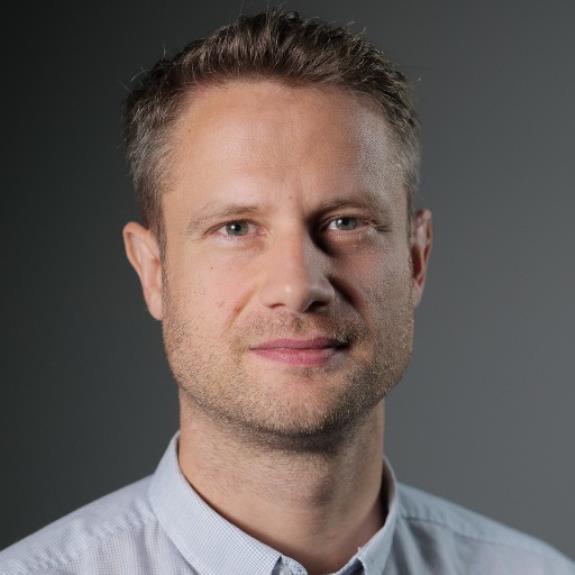
Christian Andersson
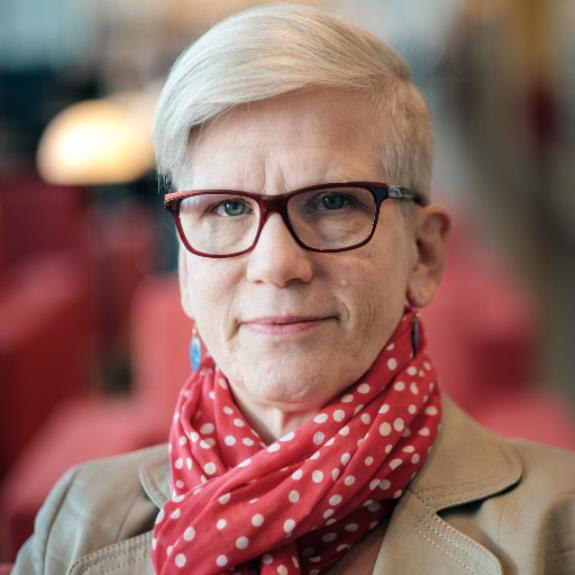
Lisa Björklund Boistrup
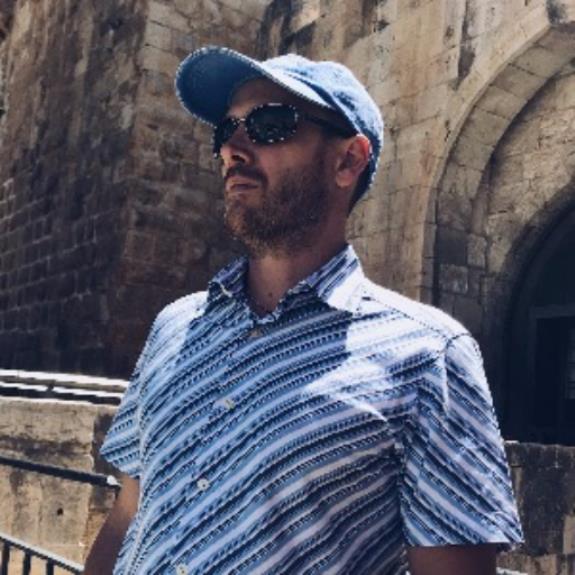
Petri Gudmundsson
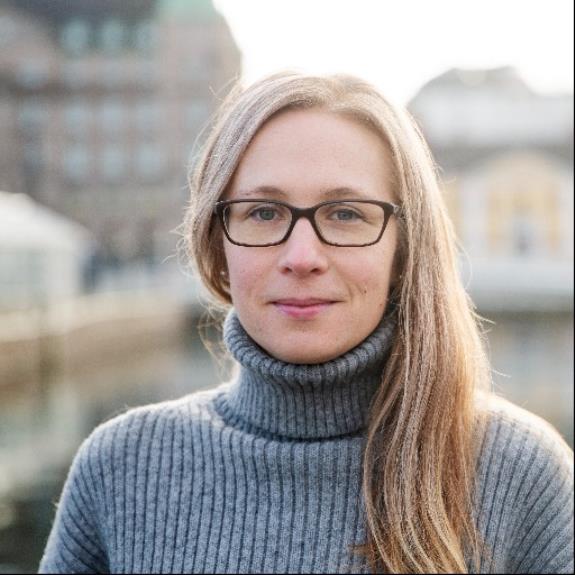
Carolina Martinez
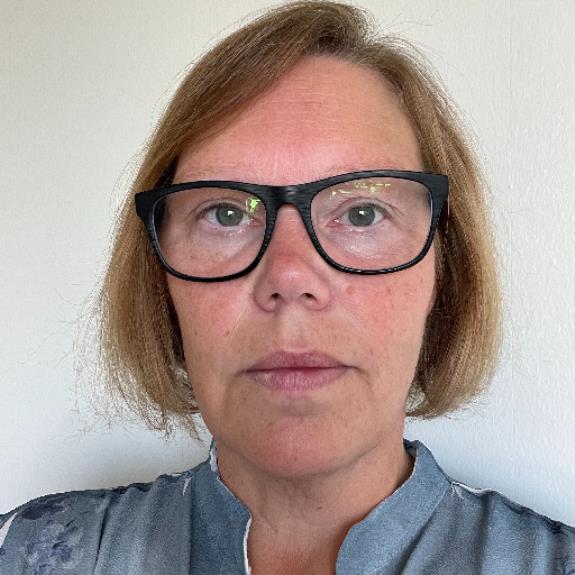
Marie-Louise Möllerberg
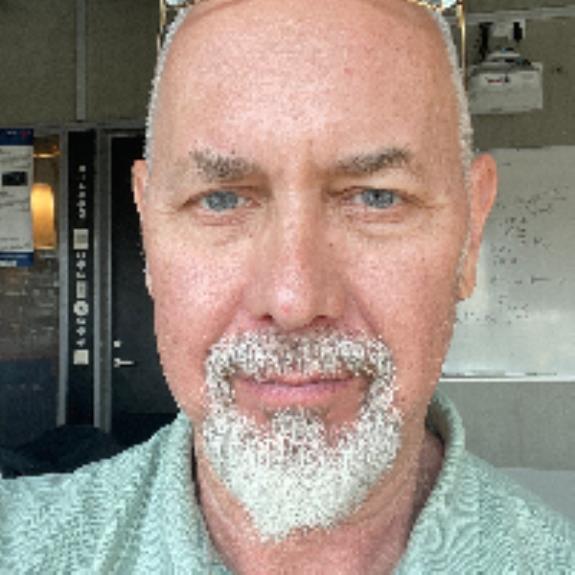
Simon Niedenthal
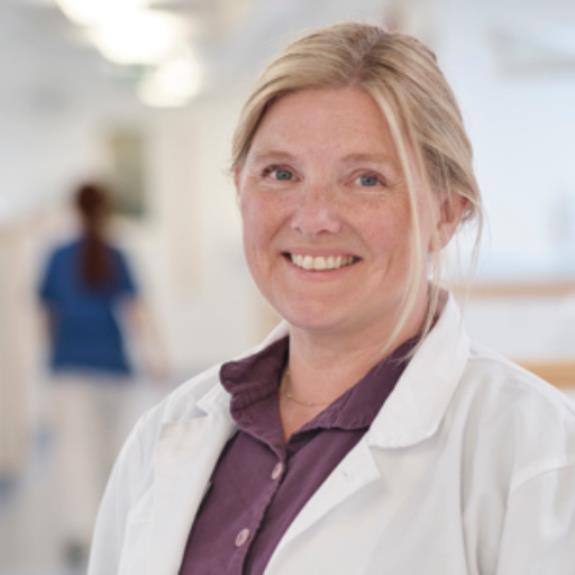
Liselotte Paulsson
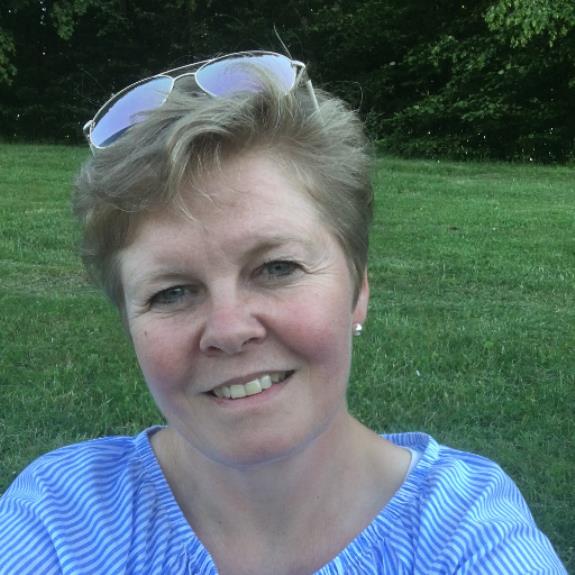
Maria Silwer
-
 Research project
Research projectLLM-assisted travel behavior analysis for eldery mobility: New approach for decision support
arezoo.sarkheyli-haegele@mau.se -
 Research project
Research projectData Conversations
pille.pruulmann.vengerfeldt@mau.se -
 Research project
Research projectHuman-robot collaborative learning for ultralight electric utility vehicles
paul.davidsson@mau.se -
 Research project
Research projectEnhancing in vitro fertilization with environmental optimization using artificial intelligence (EIVF-AI)
reza.khoshkangini@mau.se -
 Research project
Research projectDigital when possible, physical when necessary: An exploration of the digiphysical world of Ängelholm hospital
carljohan.orre@mau.se -
 Research project
Research projectEvacAware: Real-Time Intelligence for Coordinated Evacuations
arezoo.sarkheyli-haegele@mau.se -
 Research project
Research projectDeveloping a Framework for Leveraging Knowledge Graph & Deep Learning in Mobility Transportation
reza.khoshkangini@mau.se -
 Research project
Research projectDigIT Hub Sweden
paul.davidsson@mau.se -
 Research project
Research projectIntelligent and Trustworthy IoT Systems
paul.davidsson@mau.se -
 Research project | DOCTORAL PROJECT
Research project | DOCTORAL PROJECTAutonomous transport and connected vehicles
reza.malekian@mau.se -
 Research project
Research projectRealizing the Potential of Agent-Based Social Simulation
paul.davidsson@mau.se
-
2026 | Article in journal
Secure Supply Chain Provenance via PUF-Anchored NFTs and 6G Edge Networks
Fiza Siyal, Antonella Guzzo, Fahed Alkhabbas, Domenico Sacca, Giancarlo Fortino
-
2026 | Article in journal
Enhancing IoT Security with Generative AI: Threat Detection and Countermeasure Design
Alex Oacheșu, Kayode Sakariyah Adewole, Andreas Jacobsson, Paul Davidsson
-
2026 | Article in journal
Cross-lingual transfer learning for knowledge graph acquisition: Paradigms, resources and challenges
Wei-Lin Chen, Kai-Qing Zhou, Arezoo Sarkheyli-Hägele, Feng Qin, Khairunnisa Hasikin, Di-Wen Kang, Azlan Mohd Zain
-
2026 | Article in journal
Dear Researchers: Think about the future, for sure, but please don't forget about the present – the Odense Manifesto for academia–industry collaboration at ICSA 2025
Jens Bæk Jørgensen, Morten Jokumsen, Romina Spalazzese
-
2026 | Conference paper
Intelligent Defect Detection for Manufacturing: The Kitchen Cabinets Industrial Case
Sadhana Lakshminarayanan, Romina Spalazzese
-
2025 | Conference paper
PRO-CHAIN: A Provenance Tracking Framework Leveraging Blockchain and PUF
Fiza Siyal, Fahed Alkhabbas, Antonella Guzzo, Domenico Sacca
-
2025 | Article in journal
Synthetic data as a tool for prototyping early-stage periodontitis detection models
Erdal Akin, Filip Kroon, Cassandra Windahl, Yutaka Sugihara, Aleksandar Milosavljevic, Magnus Falk
-
2025 | Conference paper
Unplugged Activities As Introduction To Data Science With Focus On Ethical And Social Dimensions
Christian H. Andersson
-
2025 | Chapter in book
Smart Connected Homes
Joseph Bugeja, Andreas Jacobsson, Paul Davidsson
-
2025 | Chapter in book
The Internet of Things and People in Health Care
Nancy L Russo, Jeanette Eriksson
Seminar series
Seminars Spring 2026
The Sustainable Digitalisation Research Centre’s bi-weekly seminars bring together researchers, PhD students, and the wider community to discuss ongoing research, exchange ideas, and foster collaboration. Seminars are held in the Niagara building on Mondays from 15:30 to 16:30. Upcoming seminars include:
- "In the Head of a Reviewer" by Mattias Esbjörnsson
January 19, 15:30-16:30
NIA0411, Niagara, Floor 4A - "Parenting in screen-times” by Magnus Johansson (PhD, Lund University)
February 2, 15:30-16:30
NIA0510, Niagara, Floor 5A
Seminars Autumn 2025
- “AI and Public Sector Organisations” by Frans af Malmborg, Lecturer, Faculty of Health and Society
October 20th 15:30-16:30
NIA0611, Niagara, Floor 6. - “Improving Quality Using AI: An Intelligent Defect Detection for Manufacturing" by Romina Spalazzese, Associate Professor, Faculty of Technology and Society
November 3, 15:30-16:30
NIA0510, Niagara, Floor 5A - “The Digital Backlash” by Carolina Martinez, Associate Professor/Senior lecturer, Faculty of Education and Society
November 17, 15:30-16.30
NIA0611, Niagara, Floor 6. - “Digitalisation and democracy” by Tobias Olsson, Professor, Faculty of Education and Society
December 1, 15:30-16:30
NIA0411, Niagara, Floor 4A
Organisation
Advisory board
-
Johan Eker – Chair
Senior Researcher; Professor,
Ericsson; Lund Institute of Technology
-
Mattias Esbjörnsson
Senior Research Project Manager
RISE – Research Institutes of Sweden
-
Anna Stankovski Clark
Head of Digitalisation
Trivector Traffic
-
Maria Stellinger Ernblad
Director of Digitalisation
City of Helsingborg
-
Tobias Olsson
Dean, Faculty of Learning and Society
Malmö University
Management group
-

Paul Davidsson – Professor
paul.davidsson@mau.se
-

Kristofer Hansson – Senior lecturer/Assistant head of dep.
kristofer.hansson@mau.se
-

Carl Magnus Olsson – Associate Professor
carl.magnus.olsson@mau.se
-

Romina Spalazzese – Associate Professor/Program director
romina.spalazzese@mau.se
-

Carolina Martinez – Associate Professor/Senior lecturer
carolina.martinez@mau.se
-

Andreas Jacobsson – Pro-Rector
prorektor@mau.se
-

Ulrika Sjöberg – Professor
ulrika.sjoberg@mau.se
-

Bahtijar Vogel – Head of department/Senior lecturer/Associate Professor
bahtijar.vogel@mau.se
-

Lisa Björklund Boistrup – Professor
lisa.bjorklund.boistrup@mau.se
-

Dario Salvi – Associate Professor/Senior lecturer
dario.salvi@mau.se
-

Elisabeth Mangrio – Associate Professor/Senior lecturer
elisabeth.mangrio@mau.se
-
JP
Jan Persson – Senior lecturer
jan.a.persson@mau.se
-

Per Linde – Senior lecturer
per.linde@mau.se
-

Reza Malekian – Professor
reza.malekian@mau.se








